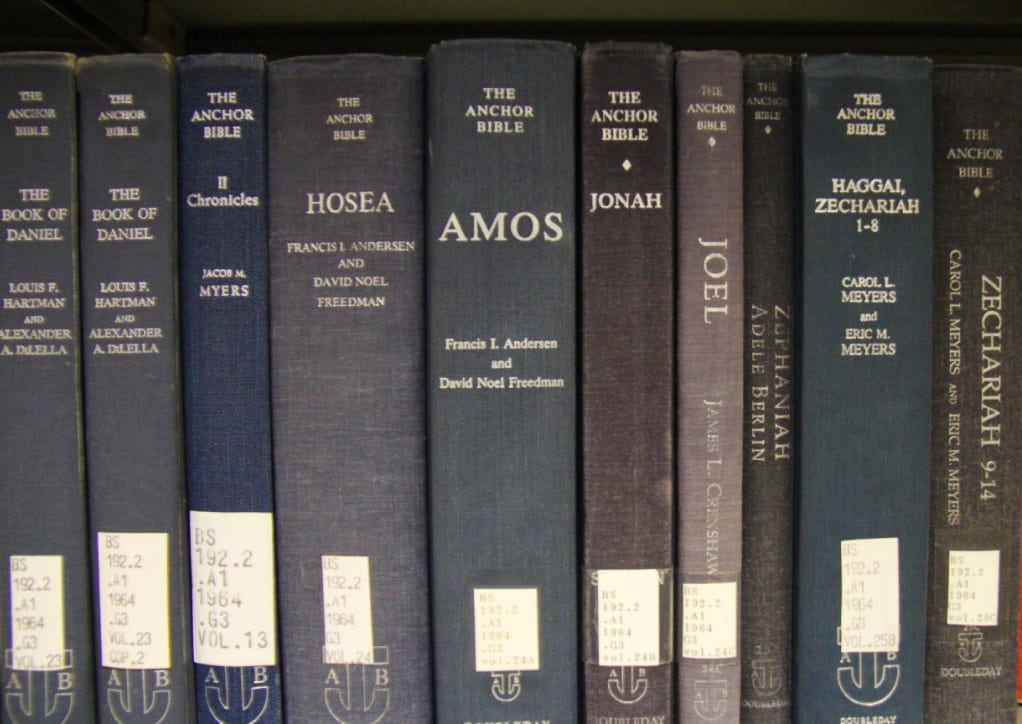BY SARAH HOLLOWAY – STAFF WRITER
In this year’s September issue of America, U.S. Secretary of State John Kerry discussed the importance of an understanding of religion and global affairs.
“I often say that if I headed back to college today, I would major in comparative religions rather than political science. That is because religious actors and institutions are playing an influential role in every region of the world and on nearly every issue central to U.S. foreign policy,” Kerry said.
With this statement in mind, a cursory examination of Centre’s International Studies (IST) major requirements does not necessarily reflect Kerry’s position on the gravity of the relationship between these two issues. As it stands now, there are no core requirements for this major in the religion department; rather it is recommended for first years and sophomores take either Religion 130, which is Eastern Religions, or History 120, Development of the Modern World to prepare for the other required courses.
Though more religion course options can be found within the concentrations of the major, it is the student’s decision whether to take these classes or others in fields such as economics, politics, or history, meaning that an IST student could potentially complete the major without ever having taken a religion course outside of general education courses. This seems problematic if religion has the impact on global affairs that Kerry purports.
This lack of required religion is apparently due to a revision of the major in recent years in an effort to reflect postgraduate studies of International Relations. IST majors were previously required to take Religion 130, which was a comprehensive study of world religions as opposed just Eastern religions as it is now. This was cut from the curriculum in order to “tighten up” this broad, interdisciplinary major and focus more on the political aspects of the study as graduate school programs would.
“It’s not an intellectual argument about the importance of religion,” Assistant Professor of International Studies and Chair of International Studies Program Dr. Robert Bosco said. “I teach a class all about International Politics and Religion. The major is big and the school is small we had to cut somewhere to create more discipline.”
While the logistics of the IST major are important things to consider, it still leaves the issue of whether or not Centre students are getting a thorough enough grasp on religion.
Despite courses from the religion department not being expressly required for the major, there is still extensive coverage included in the other disciplines, namely history and politics. The centrality of religion to global politics makes it unavoidable, even without specific religion courses.
“The faculty is full of students of religion, whether they are listed in the religion department or not. There are many ‘Religion and __’ classes in the other fields, which shows awareness of its importance,” Professor of Religion and College Chaplain Dr. Rick Axtell said.
Though knowledge of religion is gained from other classes, the fact that there are no required courses is still troubling. It shouldn’t be so difficult to find religion in the major when it is such a crucial aspect to the discipline. When looking to study international relations, it should be obvious the weight religion holds. Acknowledgement of the importance of religion in global affairs is growing on an international level, as seen in the creation of the Office of Religion and Global Affairs at the State Department, which seeks to expand American understanding of religious dynamics and engagement with religious actors. If discussion and study of religion matters to the world, it should matter to Centre.

